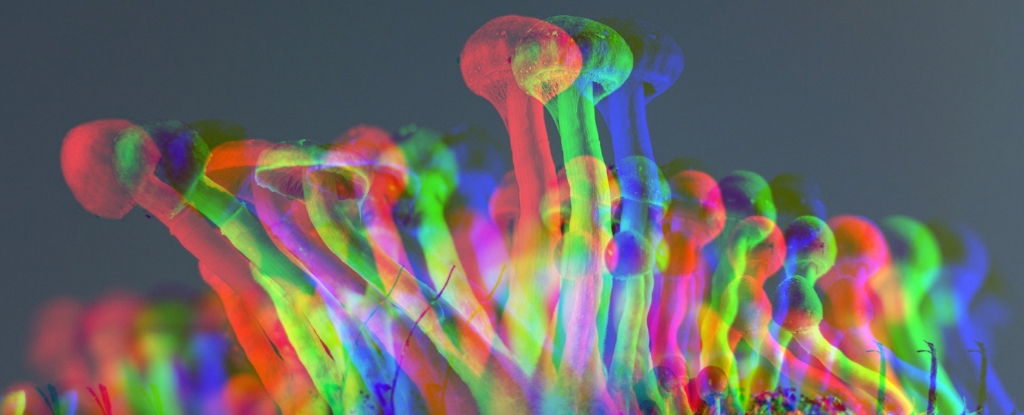
A new study has found the first experimental evidence that the compound can increase longevity and fight signs of aging.

A paper published in Nature Aging describes how cold temperatures stimulate the production of PA28γ, a protein that appears to increase lifespan in worms and cells.

Short telomeres are a sign of stress and cellular aging, and are also associated with a higher risk of neurological and psychiatric disorders.

The researchers were able to reverse the aging process of some old human cells by delivering a specific molecule to their mitochondria, the structures within cells where energy is produced.

Aging is mathematically inevitable - like, seriously inevitable. There's logically, theoretically, mathematically no way out according to evolutionary biologists.

Recent research published in Molecular & Cellular Proteomics offers one glimpse into how cutting calories impacts aging inside a cell.

Scientists at The Scripps Research Institute (TSRI) have discovered a protein that fine-tunes the cellular clock involved in aging.

Researchers led by the Buck Institute for Research on Aging and the Georgia Institute of Technology have shown they can reverse the aging process for human